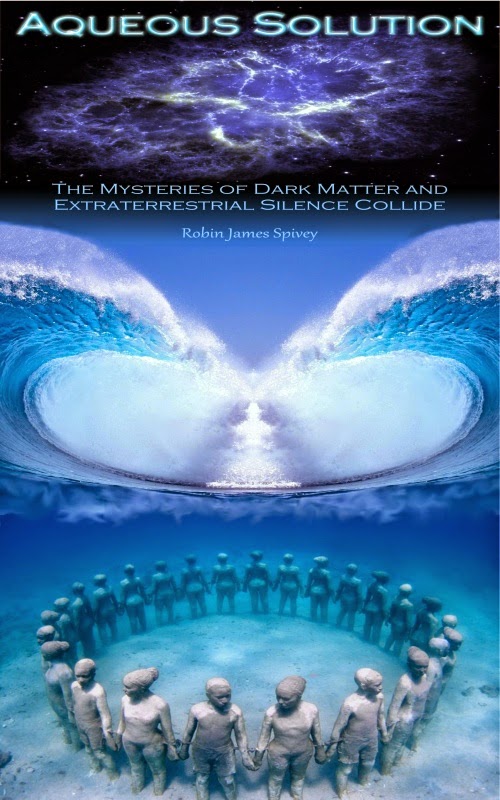 |
| Allen Telescope Array in the SETI project |
In its initial formulation, the weak anthropic principle says that, although the appearance of intelligent life on a planet may be very unlikely, the Earth must meet all the conditions, since we exist. We know that the Milky Way contains about 1011 stars. At least one (the sun) has a planet populated by intelligent life. It looks like the probability of this happening should be equal to or greater than 10-11. Note that the weak anthropic principle does not say what the value of that probability might be.


